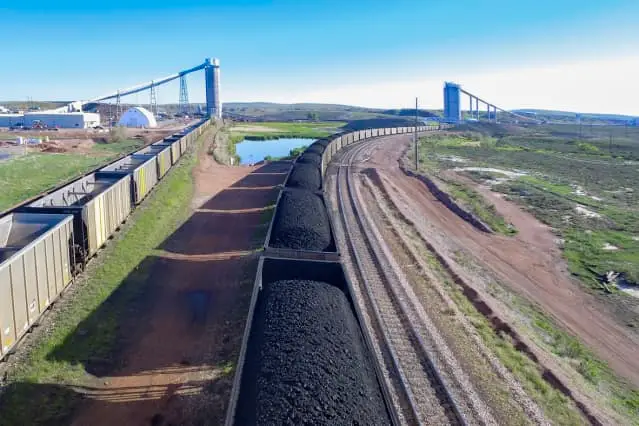Macro
Bridge Collapse Threatens 22.9M Tons Coal Exports
Bridge collapse at Port of Baltimore disrupts East Coast shipping, with uncertain timeline for normal operations resumption.
By Mackenzie Crow
ᐧ

Key Takeaway
- Baltimore bridge collapse disrupts East Coast shipping, affecting coal and car shipments with no clear timeline for port operations resumption.
- Global coal markets may face significant impact; 22.9 million metric tons of U.S. seaborne coal exports from Baltimore in jeopardy.
- Domino Sugar refinery operations likely unaffected short-term due to stockpiles; long-term disruptions hinge on duration of port closure.
Bridge Collapse Halts Port Operations
The catastrophic collapse of the Francis Scott Key Bridge, following a collision with the containership Dali, has brought operations at the Port of Baltimore to an immediate halt. This incident has significant implications for shipping along the East Coast, with Maryland Gov. Wes Moore indicating that the timeline for resuming normal operations remains uncertain. The bridge, a vital artery for the region's shipping and logistics, facilitated the movement of specialized cargo such as automobiles, tractors, and cranes, as well as significant volumes of coal and sugar.
Economic Ripple Effects
The Port of Baltimore, a crucial hub for the U.S. market, particularly for imported cars and farm equipment, and a major exporter of coal, faces immediate and long-term challenges. The disruption threatens to reroute shipping volumes, with companies already seeking alternative destinations for their cargoes. The port's significance is underscored by its role as America's second-largest hub for coal exports, with about 22.9 million metric tons of coal shipped last year. The incident could particularly impact global coal markets, given the port's substantial contribution to U.S. seaborne coal exports.
Local and Global Implications
The bridge collapse has prompted a scramble for alternatives, with potential rerouting of shipments to other ports such as Norfolk, VA, and the Port of New York and New Jersey. However, logistical challenges such as finding railcars and dockside storage on short notice could complicate these efforts. The Domino Sugar refinery, one of the largest in the U.S., located at the Baltimore port, expects no short-term disruptions thanks to pre-existing stockpiles. Yet, the incident raises broader concerns about safety, infrastructure resilience, and the logistics sector's ability to withstand such shocks.
Finance GPT
beta







